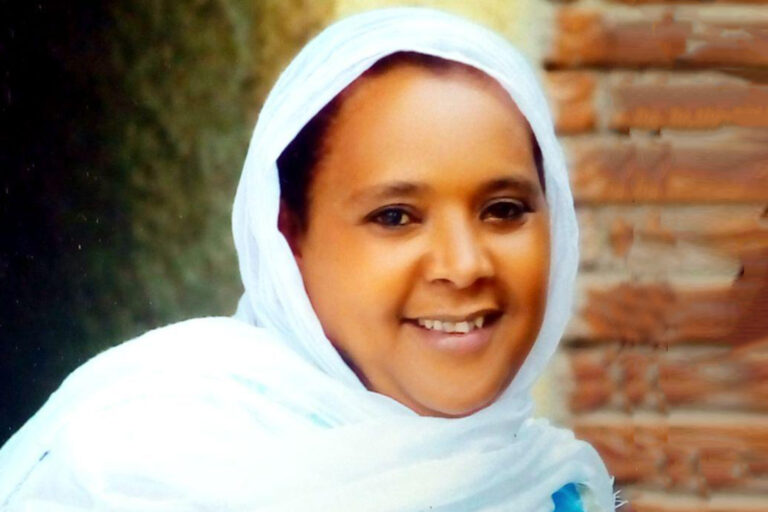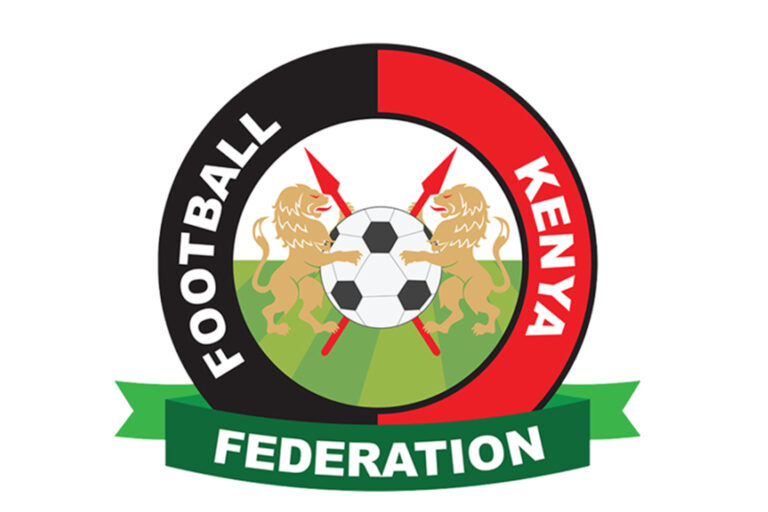By Ali Issa
The health and economic impacts of the COVID-19 pandemic has affected practically every country in the world. While the virus spread is at an early stage across Africa, the World Health Organization (WHO) and other public health entities have warned that the pandemic will be more lethal in Africa than in the developed regions thus far. Most of the Horn of Africa countries are classified among the world’s ‘highest risk’ countries that were rated to have three times higher exposure to epidemics, such as COVID-19. They also have six times higher risk in terms of access to adequate health care compared to the world’s lowest risk countries.
The alarming prognosis that the HoA countries would be severely hit by COVID-19 is based on societal features including high rates of poverty, prevalent food insecurity and absence of any effective social safety nets; such as targeted income support, unemployment insurance or disaster preparedness and prevention. Such prognosis also reflects weaknesses in public health systems, vulnerability of large segments of the population, unpreparedness for large emergencies, scarce resources availability, and over-dependence on few commodities.
In most of these countries, the prevalence of large refugees and internally displaced people across porous and insecure borders of the sub region aggravates the situation. Most of the refugees and IDPs live in camps with non-existent basic social services, and most of the pastoral communities inhabiting the remotest areas of the region have limited access to information on the pandemic and have poor health systems with limited reach to the most vulnerable.
It is enormously difficult to predict the scale of the damage on these fragile HoA countries’ health and economic status, as much will depend on the spread and duration of the crisis, and more importantly on the efficacy of measures adopted to contain and mitigate the spread of the virus. The preliminary indications are that the social distancing and mobility restrictions imposed in these countries are contributing to severe contraction in economic activity, unemployment, and uncertainties that are unprecedented in recent history.
In this Blog, we assess the scope of the pandemic, and at what actions are required to contain and mitigate its impact on the health and economic well-being, and to build resilience of the most vulnerable and affected communities over time. In addressing the likely impact of the health and economic impact of Covid-19 in the HoA, simultaneous and properly sequenced actions by the governments of the sub-region are required.
Principal vulnerabilities
The scope of the pandemic is far-reaching and complex. The economic impact of the Covid-19 pandemic is likely to be severe and longer lasting, beyond the passing of the virus cycle and its health implications. The longer the economic depression lasts in the developed countries, the deeper would be the economic dislocations in the HoA. Unlike the 2008-09 economic crisis driven by financial meltdown, from which Africa was less connected, the current economic crisis is broader based and will impact all nations’ economic growth, capital flows and global trading system, within which the continent is well integrated.
The Covid-19 economic distress undoubtedly affects both the commodities and labor markets. The principal exports of the HoA countries are commodities that face sharp decline in prices from the drop in economic activities in the industrialized world and reduced incomes at home. The shutdown in economic activities in most of the world and the pervasive unemployment and isolation mandates will also impact on tourism earnings and other service sectors (such as airlines).
The economic activity slowdown and unemployment rise in the Northern countries will seriously affect large numbers of overseas workers such as from Ethiopia, or those with large Diaspora such as Somalia and Sudan, as remittances would slow down due to layoffs. The inevitable deterioration in the balance of payments, owing to lower trade and services receipts and reduced inflows of Foreign Direct Investment and official development assistance will generate foreign exchange scarcity, depletion of external reserves, and debt service difficulties for a number of highly indebted countries in the HoA (Djibouti, Ethiopia, Kenya and the Sudan), unless debt relief is obtained.
Domestic production shortfalls and commodity shortages could well emerge if the foreign exchange crunch impacts on the supply of essential raw materials for domestic industries. The severity and duration of the short term demand and supply impacts will depend on the outcome of measures various governments take to contain the spread of the virus and accelerate recovery.
The economic impact of the Covid-19 pandemic is expected also to lead to considerable deterioration of fiscal balances and weakening of fiscal management in these countries. As economic activity declines, a sharp drop off in domestic revenues at a time of rising government expenditures would aggravate an already limited financial capacity. It is inevitable that governments will stretch their limited capacity to re-orient priorities and reallocate resources for the health emergencies and meeting economic impact on the most vulnerable.
Effective responses and right context
On the health front, many governments have closed their borders, banned travel from highly infected countries, and imposed restrictions on internal travel. Some governments introduced lockdowns, mandated closures of school and religious mass-services, and advised people not to leave their homes except for essential activities and avoid contacts. Social distancing, as well national campaigns on hand-washing, sanitation and awareness creation of routes of transmission have been adopted to contain the spread of the virus.
All these measures are standard interventions adopted by Northern hemisphere nations to contain the spread of the virus and more importantly to slow the rate of infection so as not to overwhelm the health care capacity to treat the seriously ill. Nevertheless, questions have been raised as to the utility of these measures in most African countries; with social distancing infeasible in high density and extended-family living environments, and slowing the pace of infections is an applicable option where functioning health services and medical interventions are available.
The measures adopted thus far should be supplemented by locally appropriate and more contextually suitable efforts that better serve condition in the HoA sub region. Thus priority measures are required to address the broken public health system at the national or regional level through expanded specialized hospitals, building capability of identification, thorough and broad-based testing, isolation of the infected and treatment of the seriously affected.
In addition, although there are obvious limitations of resources and functional institutions, the HoA countries should move aggressively on “taking collective and region-based measures on prevention”. At the end of March 2020, the Heads of State and Government of the HoA countries decided to adopt a joint strategy and to strengthen coordination and regional responses to curb the spread of the virus in the sub region. They announced their intention to coordinate regional response to the pandemic, and given their inter-connectedness and open borders, such coordinated policies and efforts, including unified community approaches, are imperative for addressing the pandemic.
The leadership recognized the central role and the need for proactive support of the African Center for Disease Control and Prevention (Africa CDC) through building the capacity of healthcare providers and emergency response teams, as well as provision of medical supplies including testing kits. Ultimately, the efficacy of the measures adopted will be determined by the commitment and seriousness with which this pandemic is addressed with policies that take into account the local and regional context, and that can effectively cope to reduce its spread and effective mitigation; including learning from the experiences of similar virus infections in Africa.
Finally, while the emergency measures to tackle the pandemic and contain its health and economic impact are paramount, improving the health and wellbeing of the populace in the medium term should be kept insight. Deterioration in the sustainability of the medium- and long-term growth prospects of the HoA countries is inevitable if the “trade-offs” between short-term health needs and medium-term economic recovery are not properly addressed and sequenced.
The sub region’s capacity to cope and recover from the severity of the pandemic will be determined by the effectiveness of the global solidarity to respond to health services deficiencies, and to ease the financial burdens imposed by the economic crisis. Evidently, the type of commitments that were marshalled to successfully tackle and contain the recent “episodes of the Ebola in Western and Central Africa” would be required to contain the damage of COVID-19 in the HoA and other low income countries.
Ali Issa (PhD) is Managing Director of Horn Economic and Social Policy Institute





